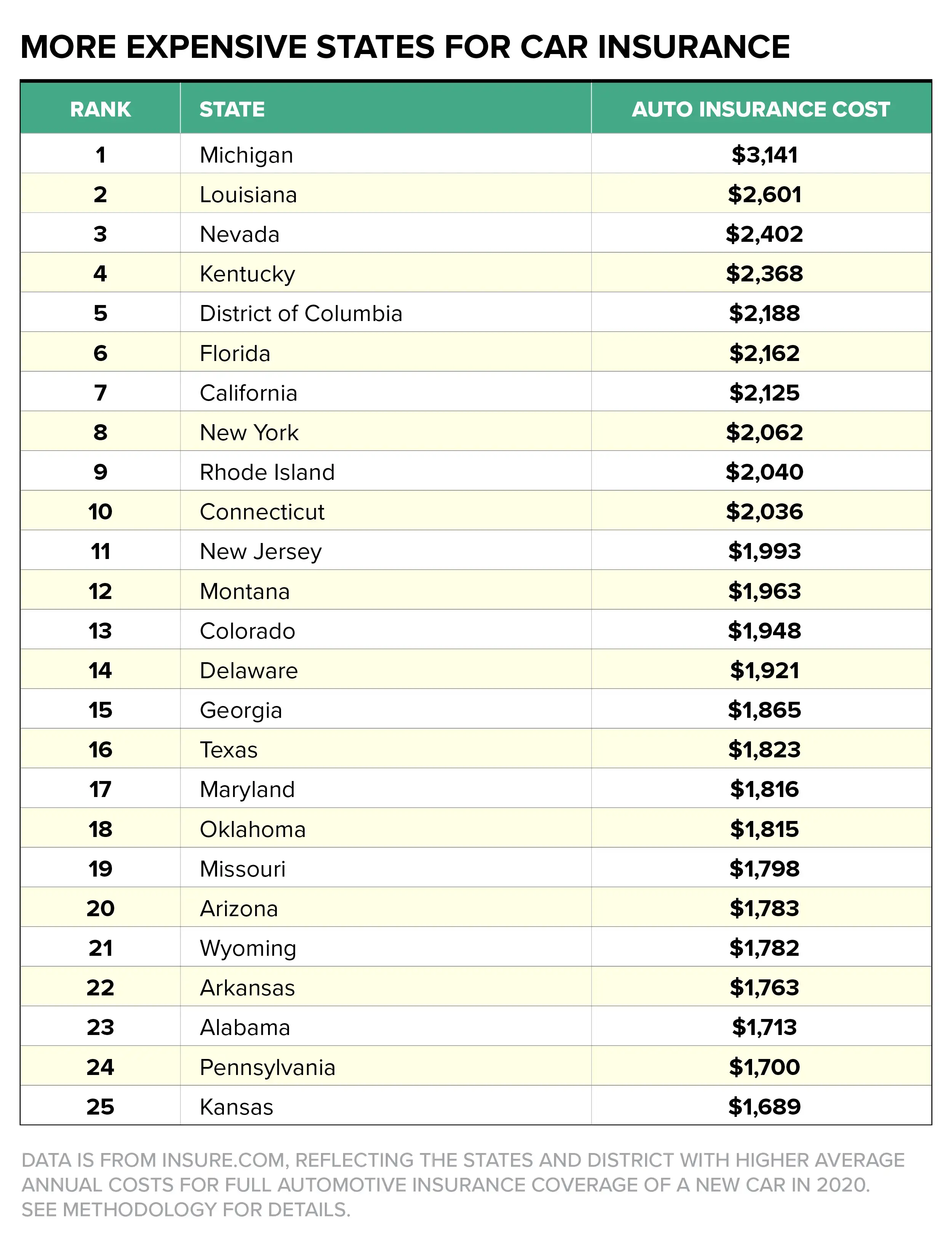Blitz News Digest
Stay updated with the latest trends and insights.
Frugal Finds in the Insurance Jungle
Discover hidden savings in the insurance jungle! Uncover frugal finds and savvy tips to protect your wallet while securing the best coverage.
5 Tips for Finding Affordable Insurance Plans Without Sacrificing Coverage
Finding affordable insurance plans doesn't mean you have to compromise on coverage. Start by shopping around and comparing quotes from various providers. Many companies offer online tools that allow you to input your information and receive multiple quotes at once, making it easier to identify the best options. Additionally, consider reaching out to local insurance agents who can provide personalized advice tailored to your needs.
Another effective strategy is to review your coverage needs regularly. Assess whether you need all the coverage options currently included in your plan or if you can adjust them to lower your premium. For example, increasing your deductible can significantly reduce your monthly payments. Don’t hesitate to ask providers about discounts for bundling policies, maintaining a good driving record, or even for being a member of certain organizations.

The Ultimate Guide to Understanding Insurance Deductibles and Premiums
Insurance deductibles and premiums are two fundamental concepts that every policyholder should grasp to make informed decisions about their insurance coverage. A deductible is the amount you agree to pay out of pocket before your insurance kicks in. For example, if you have a $500 deductible on your homeowners insurance and incur $2,000 in damages, you'll pay the first $500, and your insurer will cover the remaining $1,500. Deductibles can vary based on the type of insurance and can be a flat amount or a percentage of the claim. Understanding how deductibles work can help you choose a policy that aligns with your financial situation and risk tolerance.
On the other hand, an insurance premium is the amount you pay regularly to maintain your coverage, usually on a monthly or annual basis. Premiums are calculated based on various factors, including your age, location, the type of coverage you select, and your claims history. Higher coverage limits or lower deductibles can lead to higher premiums. It's essential to strike a balance between premiums and deductibles. Many policyholders face the challenge of choosing a deductible that doesn't strain their budget while keeping their premiums manageable. Always evaluate your specific needs and seek the best rates to optimize your insurance experience.
Are You Overpaying for Insurance? Common Mistakes to Avoid
Many individuals unknowingly find themselves overpaying for insurance due to common mistakes that can easily be avoided. One prevalent error is failing to regularly review and compare policies. Insurance rates can fluctuate significantly depending on your provider and personal circumstances. By neglecting to shop around or reassess your coverage needs, you may miss out on better options that could save you a substantial amount of money.
Another mistake is not taking advantage of available discounts. Many insurance companies offer various discounts for things such as bundling policies, maintaining a good credit score, or being claims-free for an extended period. To ensure you aren't overpaying for insurance, make sure to inquire about these savings opportunities and understand all the factors that influence your premium rates.